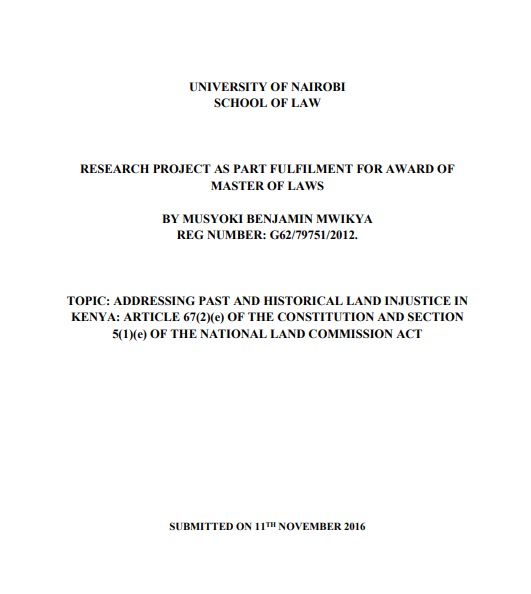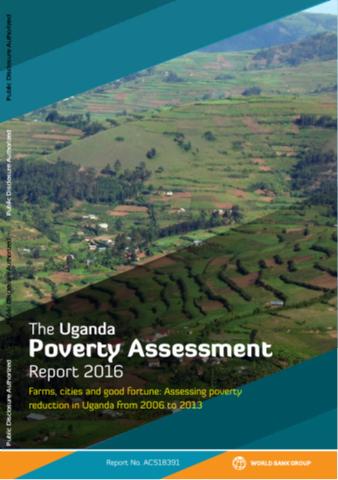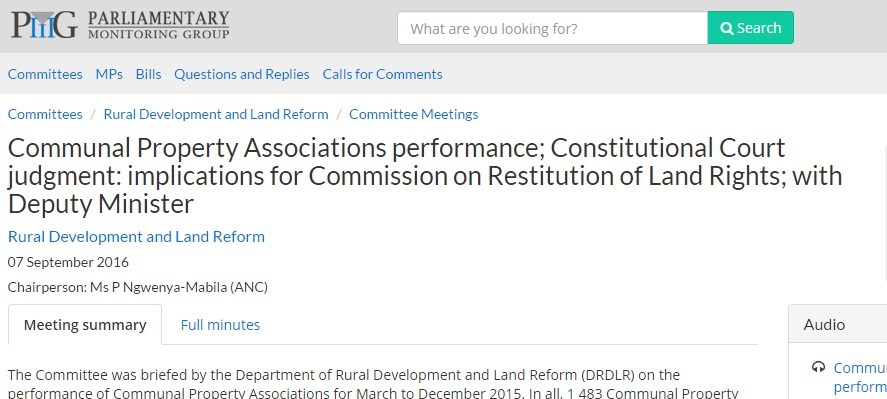Post-conflict land governance reform in the African Great Lakes region. Part I - The challenges of post-conflict land reform
Disputes over land are a prominent feature of many situations of protracted violent conflict in Burundi, Uganda and South Sudan. Research conducted as part of the programme ‘Grounding Land Governance’ underscores that war reshuffles access and ownership, but also critically changes the ways in which land is governed. Land issues often come to resonate with other conflicts in society, thereby affecting overall stability. This makes interventions in land governance politically sensitive.











